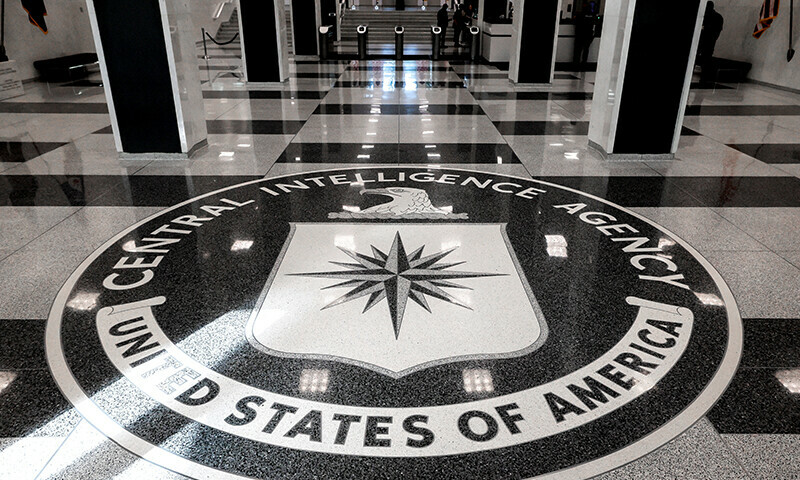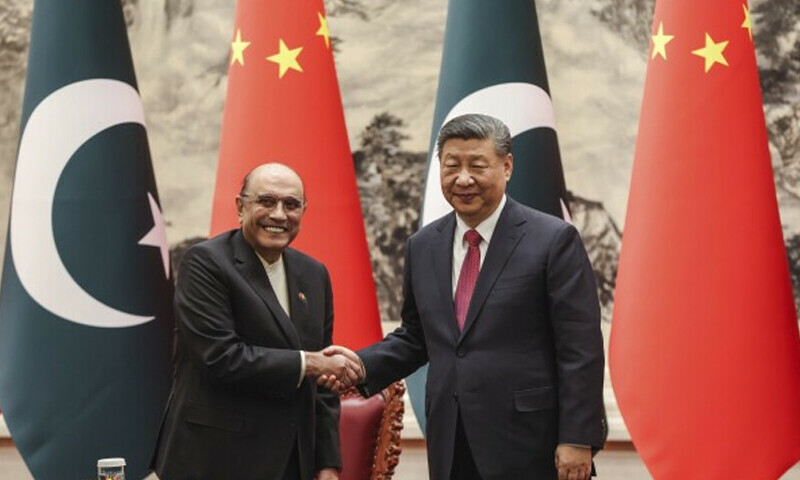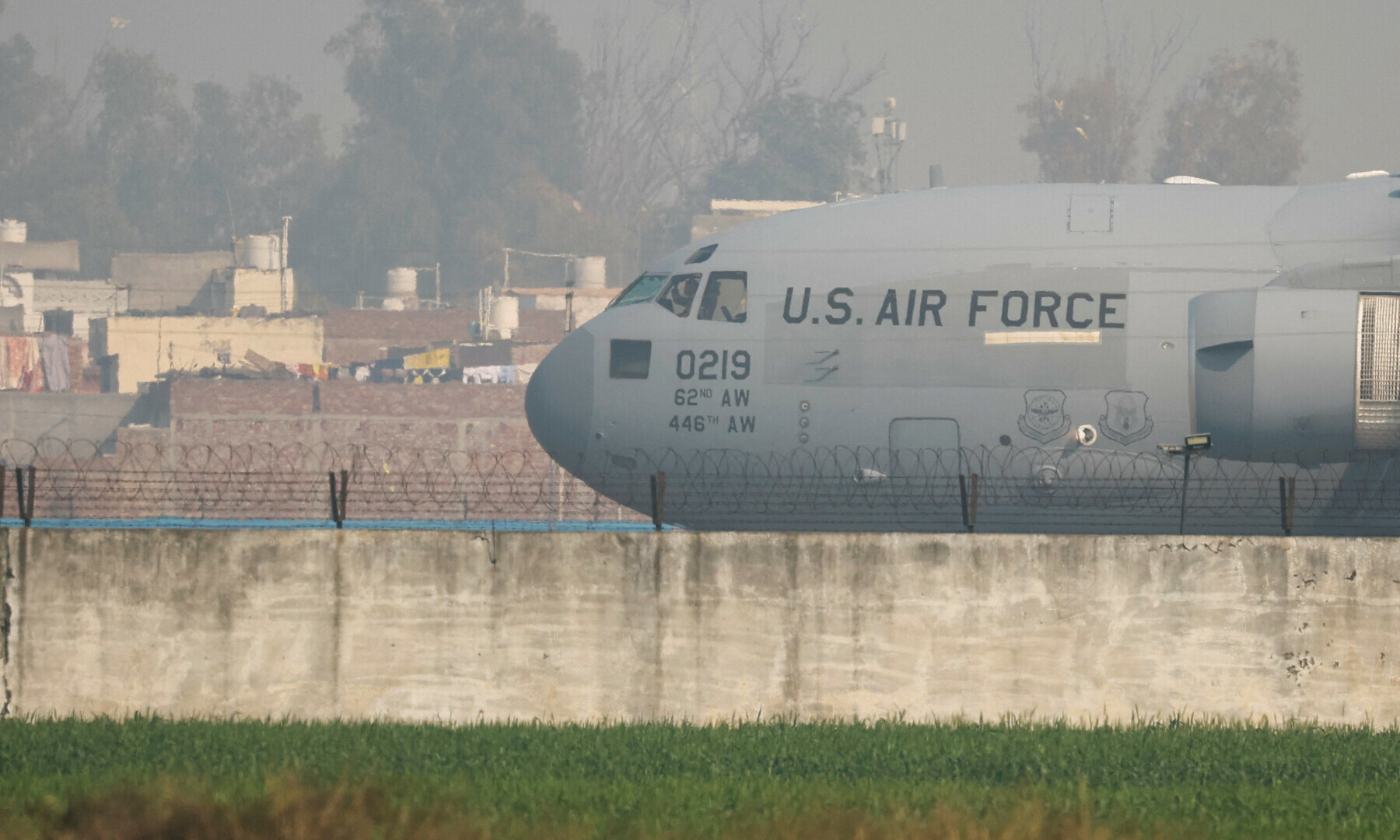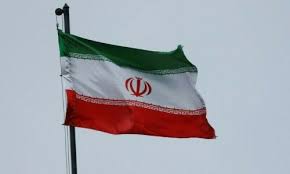WORLD NEWS

The U.S. Central Intelligence Agency (CIA) has reportedly offered voluntary buyouts to its entire workforce, making it the first intelligence agency to participate in President Donald Trump’s redundancy program for federal employees.
According to a Wall Street Journal report, the CIA has also frozen hiring for candidates who have already received conditional job offers. The agency may rescind some offers if applicants do not align with its new objectives.
Strategic Shift in CIA's Focus
Citing an anonymous aide to CIA Director John Ratcliffe, the report suggests that the agency's goals have shifted to target drug cartels, support Trump's trade war, and counter China's influence.
"The agency is adapting to the administration's new directives for a leaner and more focused intelligence apparatus," the aide noted.
Trump's Federal Downsizing Agenda
The buyout initiative is part of a broader government overhaul led by President Trump, who aims to significantly reduce the size of the federal workforce in the name of efficiency.
Trump's radical downsizing efforts have already impacted several federal departments and agencies, causing widespread concern in Washington.
Potential Impact on National Security
Analysts have raised concerns about the impact of workforce reductions at the CIA, which plays a critical role in gathering foreign intelligence essential for U.S. national security.
Former intelligence officials warn that losing experienced agents could weaken America's ability to respond to global threats.
Gaza Strip Takeover Announcement
The news of the CIA's buyout program came just hours after President Trump announced an unprecedented plan for the United States to "take over the Gaza Strip."
While details remain sparse, the announcement has drawn widespread criticism and raised questions about its implications for U.S. foreign policy.
CIA's Response and Future Outlook
The CIA has yet to respond to requests for comment on the buyout program.
As the agency navigates this significant transition, the effectiveness of its intelligence operations and its ability to adapt to new strategic goals remain under scrutiny.




